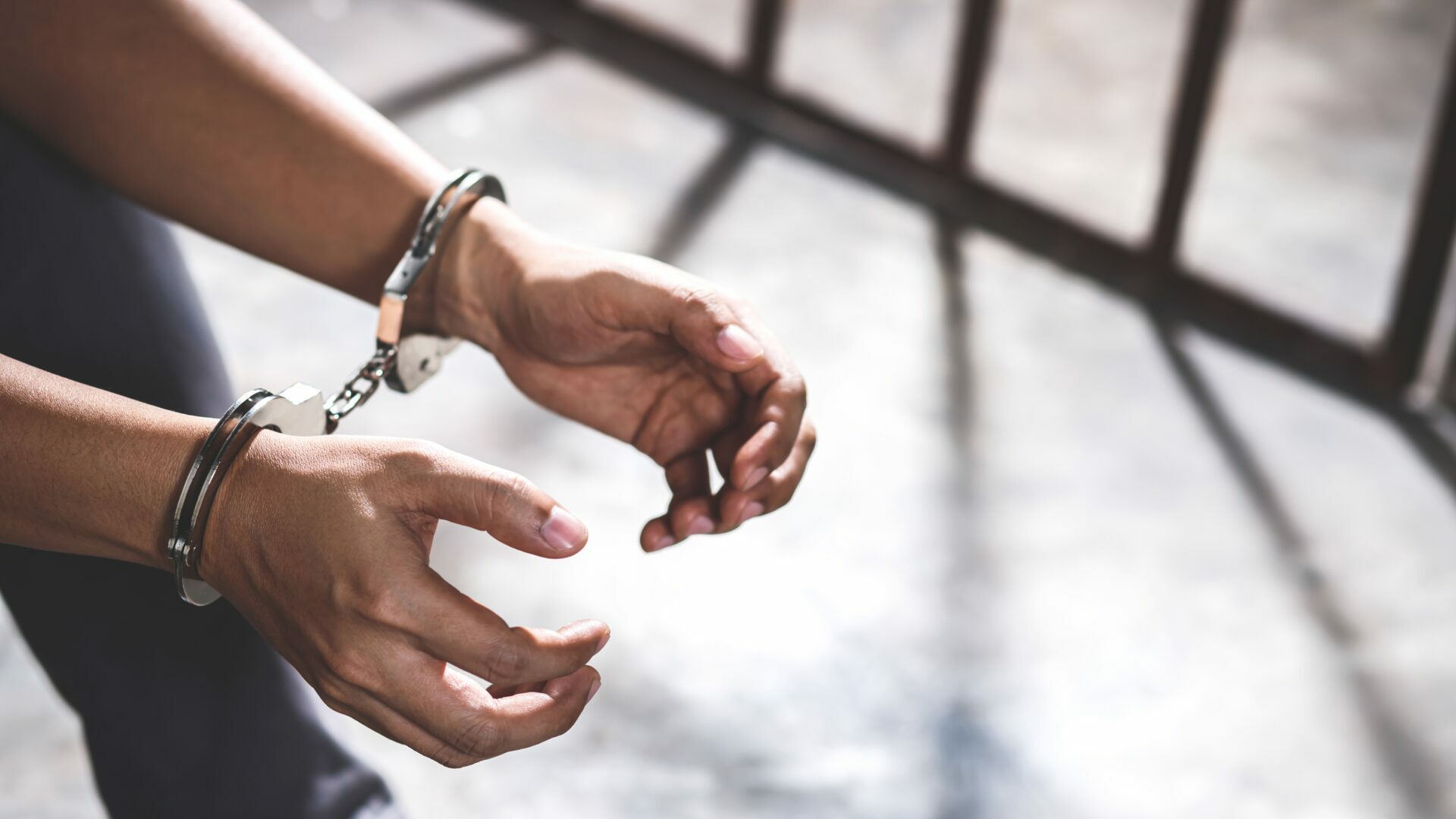First Russians charged over country’s anti-LGBT law for ‘Pride flags’ and ‘rainbow earrings’
Russia introduced a sweeping law in November branding the "LGBT Movement" as "extremist"
By Dale Fox

The first known cases have reportedly emerged of Russian authorities penalising individuals for violating the country’s ‘LGBT public movement law’ after it was introduced last November, with at least three people allegedly receiving fines or jail time.
Russia‘s Supreme Court ruling prohibited the public display of LGBTQ+ symbols, declaring them “extremist”. Shortly after, human rights advocates warned the vague wording of the law could allow prosecution of anyone displaying rainbow flags or related imagery.
On Monday (5 February), a court in the city of Saratov fined artist Inna Mosina 1,500 rubles (£13) over Instagram posts showing Pride flags, according to independent outlet the Moscow Times. Mosina’s defence maintained she was innocent, arguing the posts predated the ban. She was convicted regardless, according to reports.
Last week in the western city of Nizhny Novgorod, a woman Anastasia Yershova was jailed for 5 days for wearing rainbow-coloured earrings in public, NBC News said. And in Volgograd, a man identified only as Artyom P. was allegedly fined 1,000 rubles (£9) on Thursday 1 February for posting a Pride flag online.
LGBTQ+ rights in Russia continue to vanish
The crackdown has escalated Russian President Vladimir Putin’s decade-long restrictions on LGBTQ rights. In 2013, Russia banned LGBTQ+ “propaganda” towards minors. Constitutional changes in 2020 banned same-sex marriage. Russia outlawed gender-affirming care, as well as changing gender on official documents such as passports, last year.
New 2022 laws banned information on LGBTQ relationships for adults, effectively outlawing public support. And 2023 legislation banned gender affirmation procedures and changing gender in documents for transgender people. The country even reportedly censored Jennifer Coolidge’s iconic White Lotus line.
“It is clear for us that they’re … making us out as a domestic enemy to shift the focus from all the other problems that are in abundance in Russia,” Olga Baranova of the Moscow Community Center for LGBT+ Initiatives told AP last November.
Russia appears 130th out of 197 in the LGBT Equality Index, a list ranking nations by their attitudes and laws relating to LGBTQ+ people.
